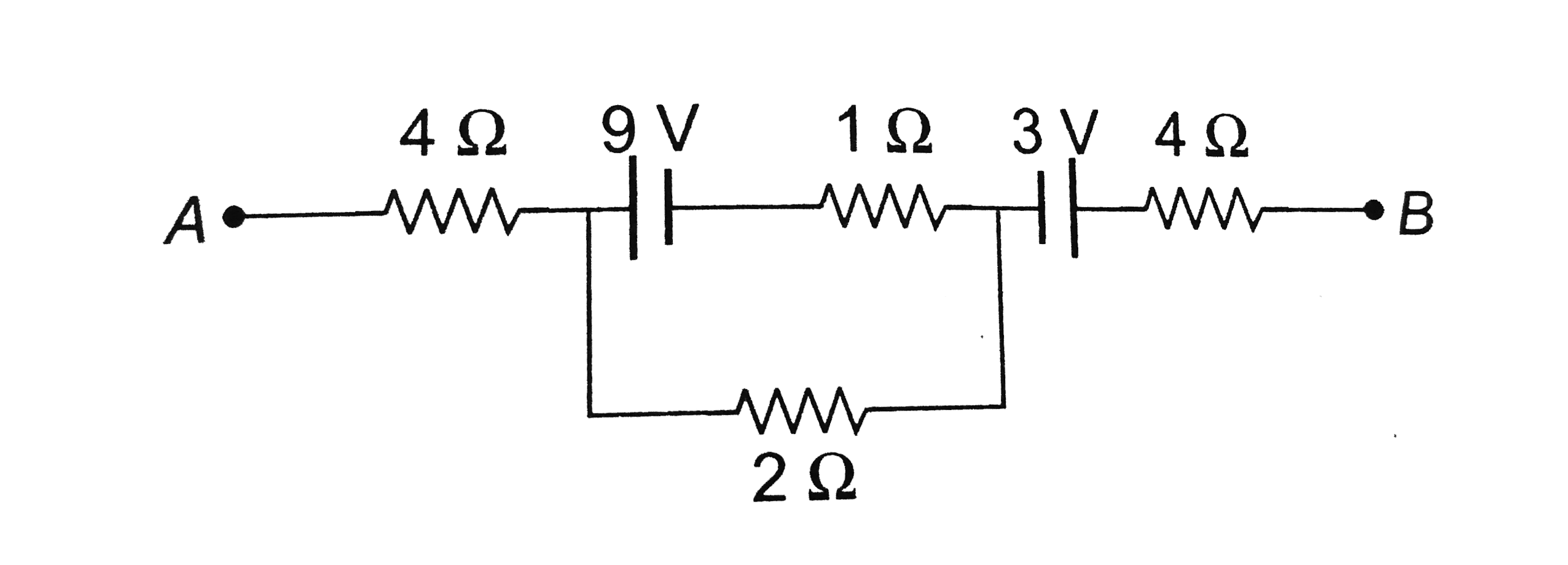Which is/are correct statement (s)?
CH3COONH4 have greater degree of hydrolysis in 0.2 M solution in comparision os 0.4 M solution.
Ahnions which are weaker base than OH−, do not hydrolyse
The CH3COO−, have greater of hydrolysis in comparision of HCOO− when their salt solution have equal conc.
SO2−4 hydrolyses but HSO−4 does not undergo hydrolysis
The correct Answer is:C
To determine which statements are correct regarding hydrolysis and ionic equilibrium, we will analyze each statement step by step.
Step 1: Analyze the first statement
The first statement discusses the equilibrium constant KH for the hydrolysis of the acetate ion CH3COO− and ammonium ion NH+4. It states that KH is independent of concentration.
Analysis:
- The hydrolysis constant KH is defined for the reaction of a weak base with water. It is indeed independent of the concentration of the solution. The degree of hydrolysis does not depend on the concentration of the salt solution.
- Therefore, this statement is incorrect.
Step 2: Analyze the second statement
The second statement claims that anions weaker than OH− do not hydrolyze.
Analysis:
- Anions that are weaker bases than hydroxide ions will not hydrolyze because they cannot accept protons from water to form a stronger acid. For example, the anion Cl− derived from a strong acid does not hydrolyze.
- Thus, this statement is correct.
Step 3: Analyze the third statement
The third statement compares the hydrolysis of acetate ion CH3COO− with that of formate ion HCOO−.
Analysis:
- The hydrolysis constant Kb for the acetate ion is related to the dissociation constant Ka of acetic acid. Since acetic acid has a higher Ka than formic acid, it follows that the degree of hydrolysis KH for acetate will be greater than that for formate.
- Thus, this statement is correct.
Step 4: Analyze the fourth statement
The fourth statement discusses the hydrolysis of HSO−4 and SO2−4.
Analysis:
- The ion HSO−4 is a weak acid and can undergo hydrolysis, but it cannot produce a stronger acid than itself. The sulfate ion SO2−4 is a very weak base and does not hydrolyze significantly.
- Therefore, this statement is correct.
Conclusion:
The correct statements are:
1. The second statement (about anions weaker than OH− not hydrolyzing) is correct.
2. The third statement (about acetate ion having greater hydrolysis than formate ion) is correct.
3. The fourth statement (about HSO−4 and SO2−4) is correct.
Final Answer:
- The correct statements are the second, third, and fourth statements.
The first statement discusses the equilibrium constant KH for the hydrolysis of the acetate ion CH3COO− and ammonium ion NH+4. It states that KH is independent of concentration.
- The hydrolysis constant KH is defined for the reaction of a weak base with water. It is indeed independent of the concentration of the solution. The degree of hydrolysis does not depend on the concentration of the salt solution.
- Therefore, this statement is incorrect.
The second statement claims that anions weaker than OH− do not hydrolyze.
- Anions that are weaker bases than hydroxide ions will not hydrolyze because they cannot accept protons from water to form a stronger acid. For example, the anion Cl− derived from a strong acid does not hydrolyze.
- Thus, this statement is correct.
The third statement compares the hydrolysis of acetate ion CH3COO− with that of formate ion HCOO−.
- The hydrolysis constant Kb for the acetate ion is related to the dissociation constant Ka of acetic acid. Since acetic acid has a higher Ka than formic acid, it follows that the degree of hydrolysis KH for acetate will be greater than that for formate.
- Thus, this statement is correct.
The fourth statement discusses the hydrolysis of HSO−4 and SO2−4.
- The ion HSO−4 is a weak acid and can undergo hydrolysis, but it cannot produce a stronger acid than itself. The sulfate ion SO2−4 is a very weak base and does not hydrolyze significantly.
- Therefore, this statement is correct.
The correct statements are:
1. The second statement (about anions weaker than OH− not hydrolyzing) is correct.
2. The third statement (about acetate ion having greater hydrolysis than formate ion) is correct.
3. The fourth statement (about HSO−4 and SO2−4) is correct.
- The correct statements are the second, third, and fourth statements.
Similar Questions
The potential difference between the points A and B in the circuit shown is 16 V, Which is/are the correct statement(s) out of the following?

View SolutionWhich of the following is/are correct statement(s)?
View SolutionWhich of the following is/are correct statement(s)?
View SolutionWhich of the following is/are correct statement(s)?
View SolutionWhich of the following is/are correct statement (s):
View SolutionWhich of the following is(are) correct statements(s) ?
View SolutionWhich of the following is/are correct statement(s) about the non-iodised hormone secreted by thyroid gland ?
View SolutionChoose the correct statement(s)
View SolutionChoose the correct statement(s)
View SolutionWhich of the following is correct statement (s):
View Solution